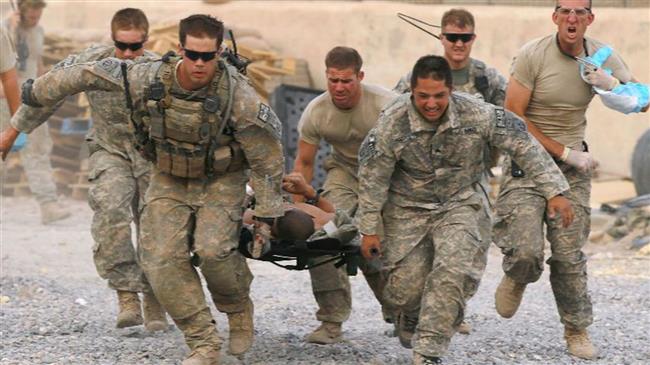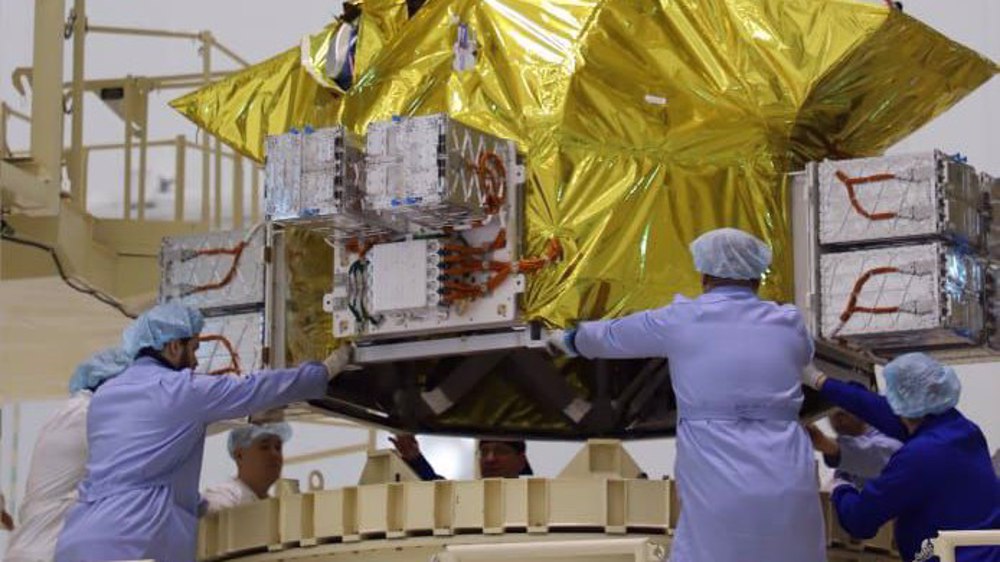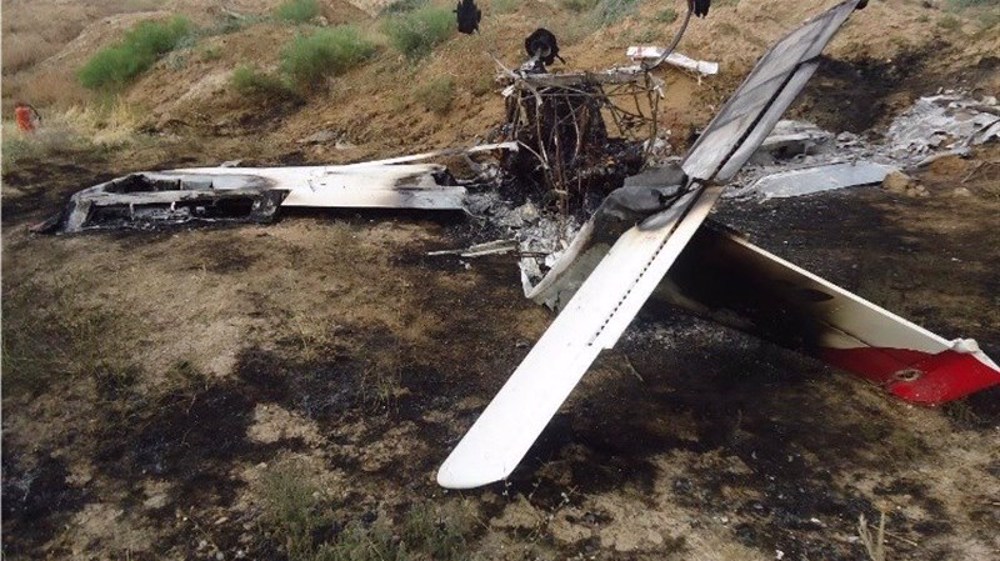34 US troops suffered concussion, brain injury in Iranian strike: Pentagon
The US Defense Department has said that dozens of American troops were wounded in an Iranian retaliatory missile attack earlier this month despite Washington's initial claim denying casualties.
The Pentagon said on Friday 34 service members have been diagnosed with traumatic brain injury following the Iran strike on January 8.
"Thirty-four total members have been diagnosed with concussions and TBI (traumatic brain injury)," Pentagon spokesman Jonathan Hoffman told reporters a press conference at the Pentagon in Washington, DC.
Hoffman said that the eight injured troops who had been previously transported to Germany had been moved to the United States, but nine of them still remain there.
"They will continue to receive treatment in the United States, either at Walter Reed (a military hospital near Washington) or at their home bases," he said.
The nine other victims "are still undergoing evaluation and treatment there (in Germany)," he added.
The Islamic Revolution Guards Corps (IRGC) fired volleys of ballistic missiles at Ain al-Asad, a large airbase hosting about 1,500 US troops, and another outpost in Erbil, the capital of the semi-autonomous Iraqi Kurdistan.
The missile operation was in response to Washington's January 3 assassination of top Iranian General Qassem Soleimani, who led the IRGC’s Quds Force.
The assassination also resulted in the death of Abu Mahdi al-Muhandis, who was the second-in-command of Iraq’s Popular Mobilization Units (PMU).
Speaking on the morning following Iran's reciprocal military operation, US President Donald Trump had said that "no Americans were harmed in last night’s attack".
"We suffered no casualties, all of our soldiers are safe, and only minimal damage was sustained at our military bases," he added.
The Pentagon had also initially ruled out any casualties from the attack.
Speaking last week, however, US Central Command spokesman Captain Bill Urban said that 11 of their troops were injured from the Iranian missile strikes, and they had been taken to US bases outside Iraq for further treatment "out of an abundance of caution.”
On Wednesday, Trump appeared to play down the injuries, saying he "heard that they had headaches and a couple of other things."
The development marks the latest report in a string of recent revelations undermining initial US claims downplaying casualties and damage following Iran's retaliatory missile attack.

Reports and satellite images have gradually revealed what US media have described as "extensive" damage at the base.
Iranian satellites launched into space as private sector debuts in space industry
VIDEO | Iran, Azerbaijan conduct joint maritime rescue operations
VIDEO | Yemen’s Red Sea divide: Naval forces block Israeli-linked ships in strategic ‘parting of the water’
VIDEO | Southern Gaza: Israel’s facade for famine and suffering
VIDEO | IOF hampering humanitarian aid
VIDEO | Sharmahd: Justice Done
Iran repeatedly warned Israel not to test its will: FM
Israeli reservist ends own life after being called up for active duty: Broadcaster












 This makes it easy to access the Press TV website
This makes it easy to access the Press TV website